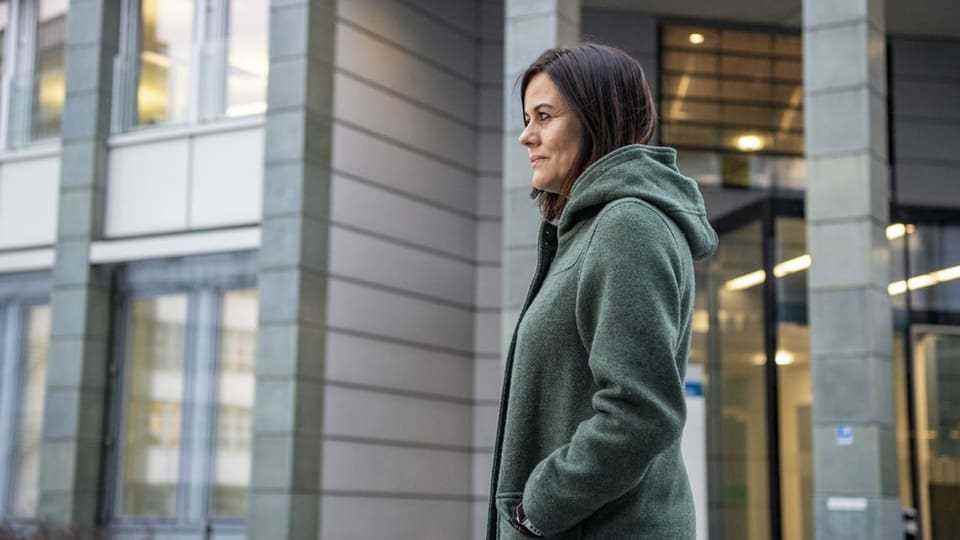For eight years, the story has revolved around the former Zug cantonal councilor Jolanda Spiess-Hegglin and the events at the Landammann celebration. With the recent verdict against Ringier for the release of profits from articles, a turning point is emerging, says SRF media editor Salvador Atasoy.
SRF News: What is the significance of this judgment by the Zug Cantonal Court?
Salvador Atasoy: The verdict is a novelty in the Swiss media landscape. A publisher has never had to calculate the value of individual articles. The publishers have always taken the position that this is not possible. Seen in this way, it is actually a turning point, even if the judgment is not yet final and Ringier will almost certainly continue to enforce the judgment. However, the first-instance judgment of the cantonal court shows that the claim is valid and is legally supported.
Jolanda Spiess-Hegglin has several lawsuits pending against Ringier. What is the current lawsuit about?
Basically, it’s also about violations of personality and the question of whether the history of the Landammann celebration is of public interest or not. So far, however, it has been about exactly one article. In this case, the Zug Higher Court ruled in 2020 in favor of Spiess-Hegglin. Ringier accepted the verdict and apologized.

Legend:
Jolanda Spiess-Hegglin fights for redress and is a network activist against digital violence.
Keystone/Archive
The most recent judgment is about the same principle, but with several Blick articles. The journalist, politician and today’s activist Spiess-Hegglin goes one step further: with the demand that Ringier should also hand over the profits from the controversial stories. The cantonal court considers the plaintiff’s claim to be justified in four of the five articles submitted.
Is it even possible to calculate the profits that have been in the newspaper, online and shared on social media as well?
The court affirmed: Blick was able to increase the circulation thanks to the stories and therefore had to give up the profit minus expenses, according to the verdict. The court even gives instructions on how to do this. It requires Ringier to name the individual sales of certain Blick numbers, as well as the key figures of the individual online items.
Experts such as the former editor-in-chief of 20 minutes online, Hansi Voigt, say: The value of a single click at a certain point in time can be calculated if you know the advertising revenue and conditions. This shows what a company with a story has earned.
What would it mean for the media and future smear campaigns if the verdict stood in federal court?
It would be a turning point. Ultimately, Jolanda Spiess-Hegglin is concerned with defining a key for calculating the material damage incurred. That was not possible until now. So it’s about setting a precedent.
This in turn would mean that media coverage becomes more difficult and more people who feel hurt could sue. An article based on rumors and slander would be legally much more sensitive in the future than it is today. That would be a tough restriction, especially for the tabloids, which live at least partially on rumors and allegations.
The conversation was conducted by Roger Brändlin.
